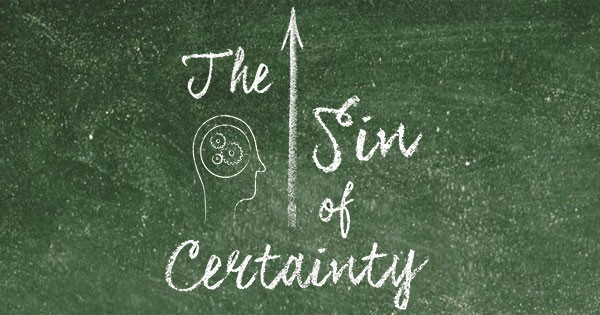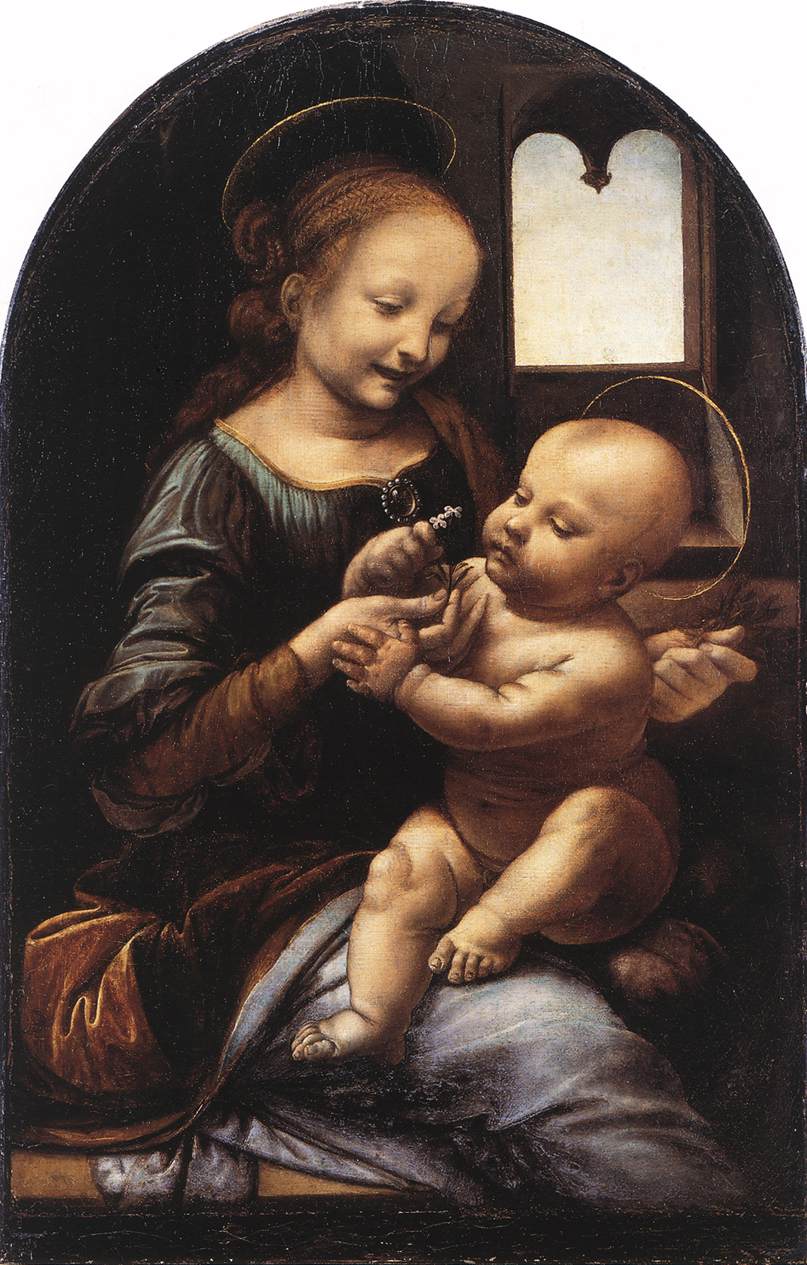Sarah
This week I read the story of Abraham and Isaac and was confronted with its difficulty again. Sometimes poetry finds a dwelling place in the midst of a tangle, so I’ve looked around for an Abraham and Isaac poem.
I liked this poem from Abraham’s perspective, by Fr. Kilian McDonnell, though it violates the limits of the story by giving Abraham knowledge of Christ’s future sacrifice. This one by Wilfred Owen converts the story into a poem about war.
Madeleine L’Engle’s A Cry Like a Bell includes four poems about the story, one each from the perspectives of Abraham, Isaac, Sarah, and the ram caught in the bushes. I choose the one about Sarah to offer today. Sarah is such an important figure in some episodes, but she’s not included in this one. This poem imagines how she might have felt.
Sarah: before Mount Moriah
Like a small mouse
I am being played with.
Pushed around, sent from home,
passed off as a sister,
free to be the sport of others
(nobody asked me).
Nobody asked if I wanted
to leave home and all my friends
(the cat never asks the mouse).
Would my womb have filled
if we had stayed where we were
instead of following strange promises?
My maid, giving my husband a child for me,
then made mock of me.
So when the angel came
announcing — promising –
a child in my womb long dry
what could I do but laugh?
And then warmth came again, and fullness,
and my child was born,
my laughter, my joy.…
Are you laughing at my pain
as I watch the child and his father
climb the mountain?
Am I no more than a mouse
to be played with?I am a woman.
You — father-God –
have yet to learn
what it is to be a mother,and so, perhaps, have I.
And if you give me back my laughter again,
then, together we can learn
and I will say — oh, I will sing! –
that you have regarded the lowliness
of your handmaiden.
The poem is no longer available online, but you can read it in its entirety in A Cry Like a Bell. Does it project a 20th-century mindset on Sarah? I’m not sure.
What I like:
- cat and mouse motif
- she tries to bargain with the Almighty — as many in these stories do
- the last lines look forward to Mary (”handmaiden”) but without giving Sarah that knowledge
- hope: she doesn’t despair
- “and so, perhaps, have I” of the last stanza — both humble and profound.


